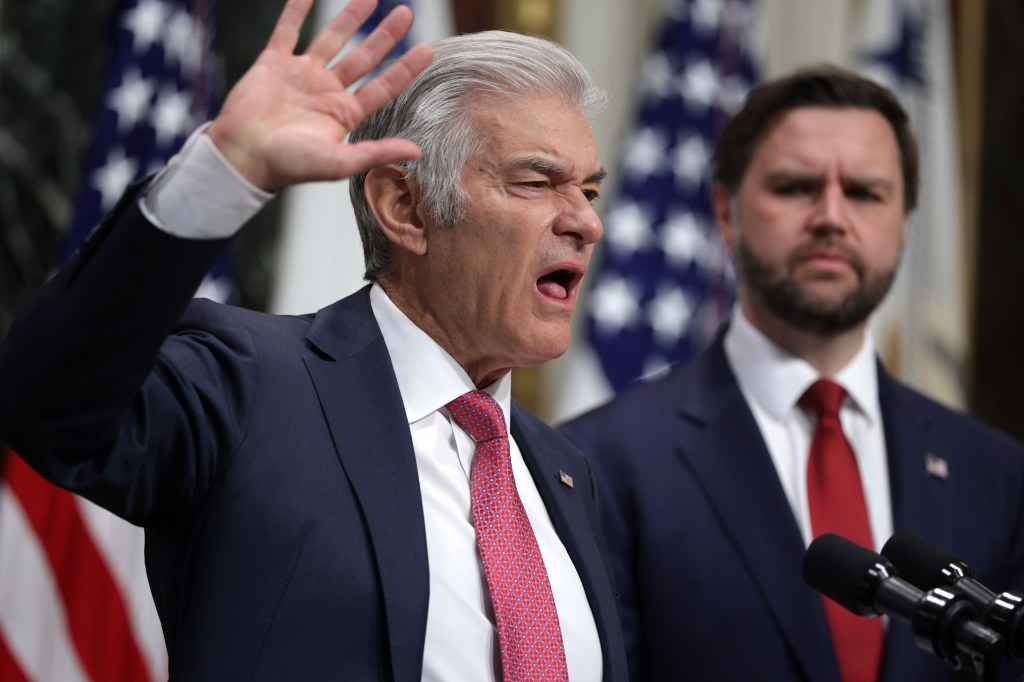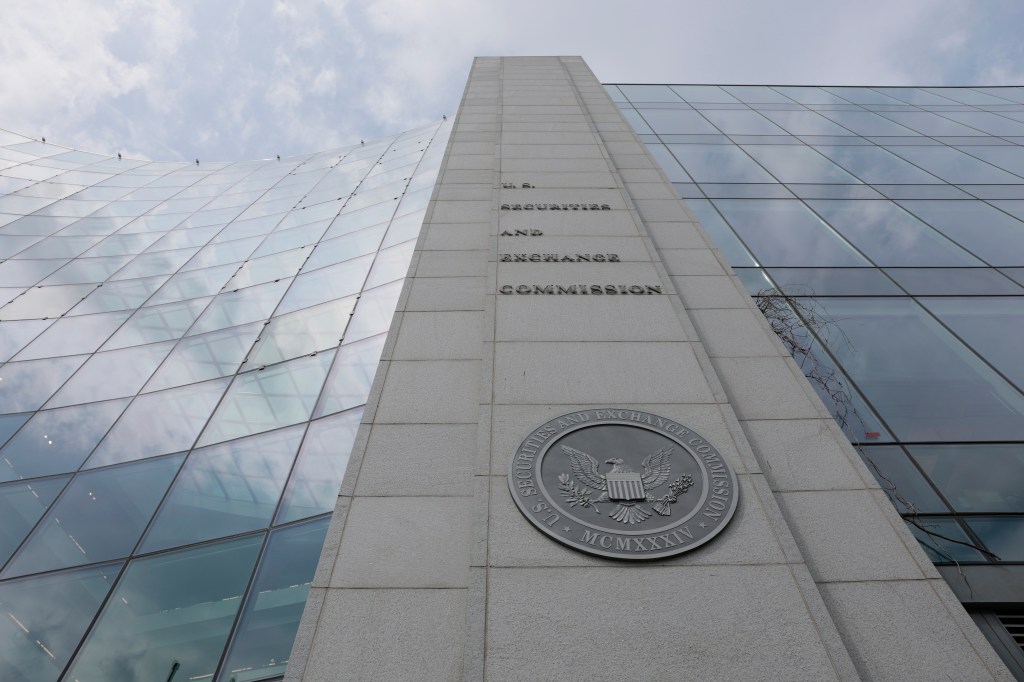In the pharmaceutical arena, a number of new developments in terms of legislation and executive orders have signaled that sweeping changes may be coming, particularly when it comes to drug pricing.
More specifically, the Trump administration and Republicans in Congress want to roll back some of the 2022 Inflation Reduction
Let’s
Register for free to keep reading
To continue reading this article and unlock full access to GRIP, register now. You’ll enjoy free access to all content until our subscription service launches in early 2026.
- Unlimited access to industry insights
- Stay on top of key rules and regulatory changes with our Rules Navigator
- Ad-free experience with no distractions
- Regular podcasts from trusted external experts
- Fresh compliance and regulatory content every day













